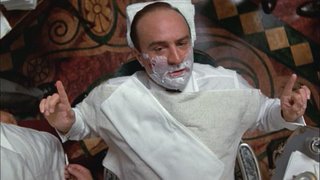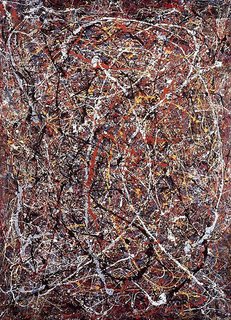TOUCH AND GO

The jury will always be out on Brian De Palma’s addiction to homage. Insistently quoting from earlier works, he builds a subcontext that often works tangentially to the main narrative. His innumerable references to Hitchcock demonstrate that suspense can finagle into practically any scenario, but they also inevitably invite comparison between De Palma’s own abilities and those of his referents. This makes him either pretentious or brave—depending on how he’s skewed—but always divisive, especially when a particular film features a high percentage of precedent material. He doesn’t so much invite moral outrage as toy with cinematic sacrilege, shamelessly culling from the holy library of moving pictures and making no apologies for his ambition.
In the case of his thrillers, De Palma recycles formula beautifully, filtering it through his own cine-quixotic vision (Sisters and Dressed to Kill are terrific examples). However, unlike his other two contributions to the crime genre, Scarface and Carlito’s Way, The Untouchables is mostly a mess. Working from a script by David Mamet that takes equal cues from the early Sixties television show and legendary copper Eliot Ness’s famous prohibition-era takedown of Al Capone, De Palma’s version is a jumble of half-developed plotlines and incredulous impersonations (particularly egregious are Robert DeNiro, in a minor variation on gangsters he’d done in the past, as Capone, whose fragmented scenes shed no light on the strengths of the crime lord’s personality, and Kevin Costner, sounding as if he’s reading Ness’s lines off a cue card.) Only Sean Connery, in an Oscar-winning role as keen and ornery lawman Jim Malone, brings any sort of believable presence; unfortunately, his character’s bloody death before the final act destroys any chance for the film’s redemption.
Continue reading about The Untouchables at Reverse Shot...






